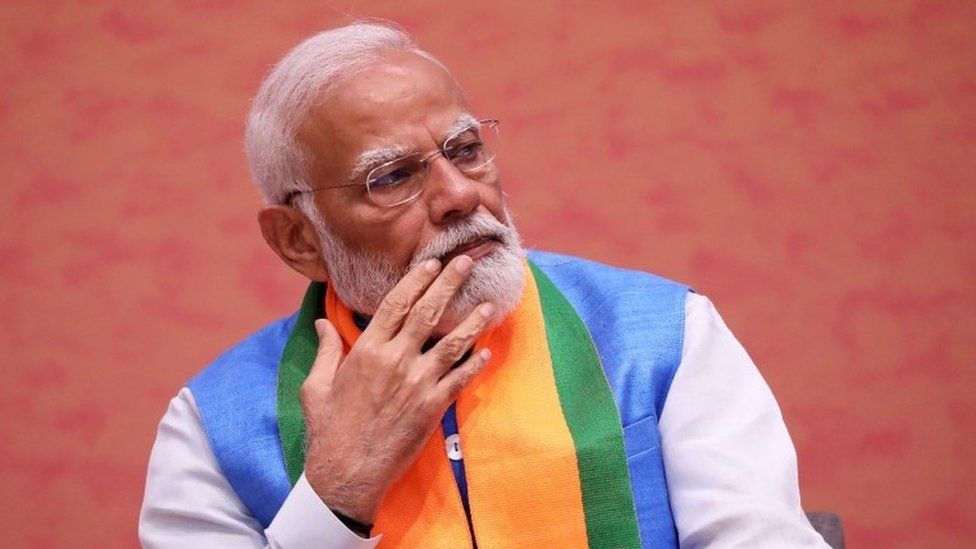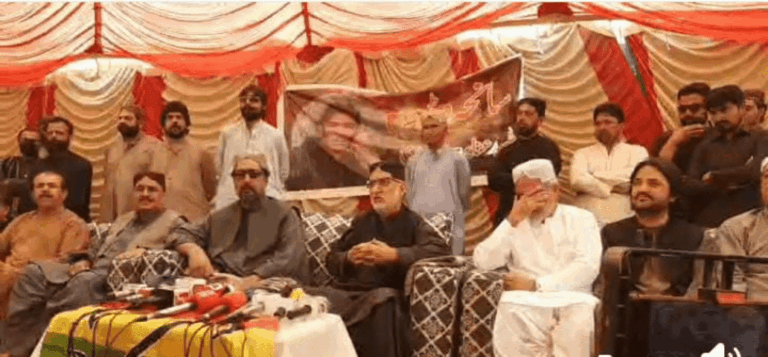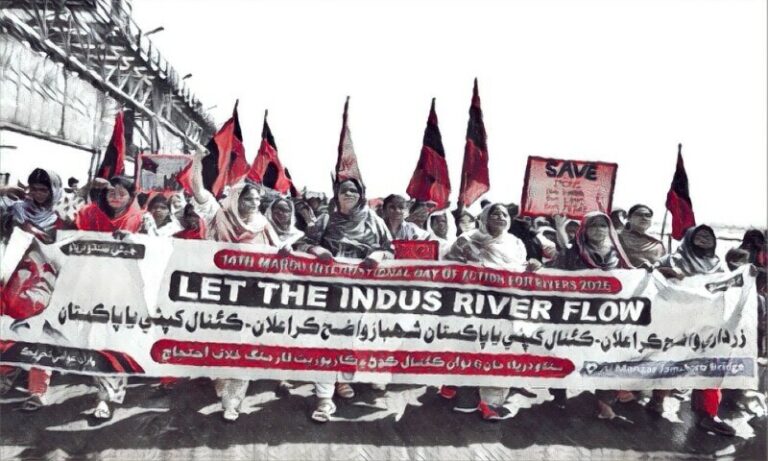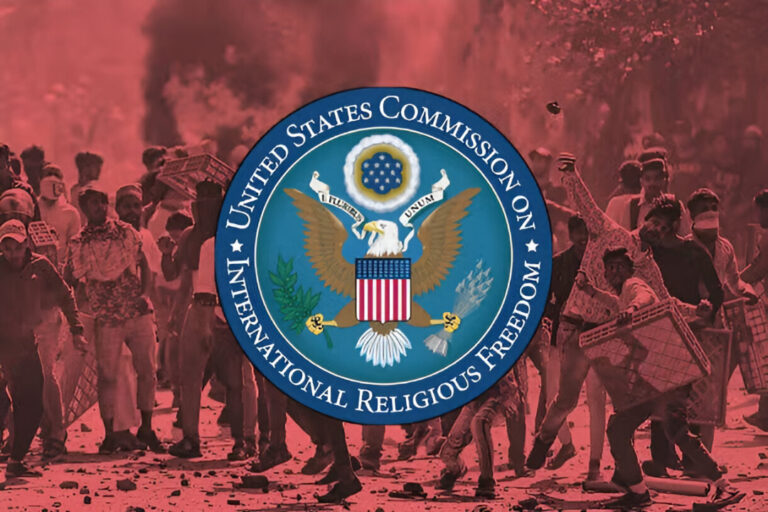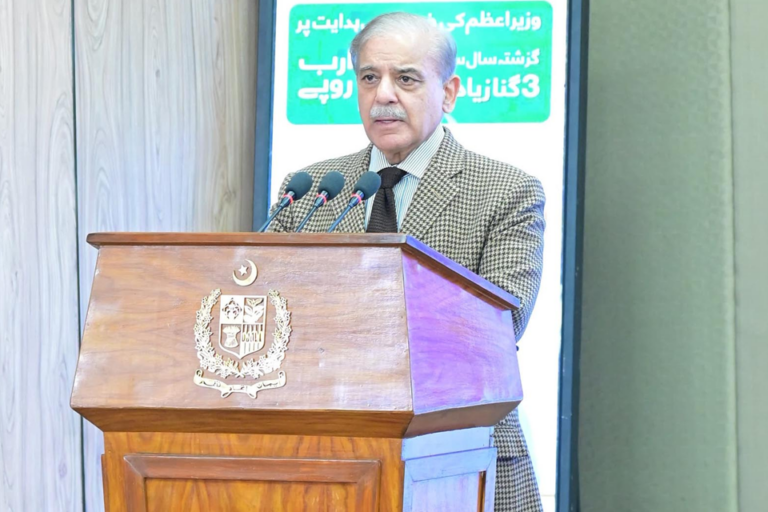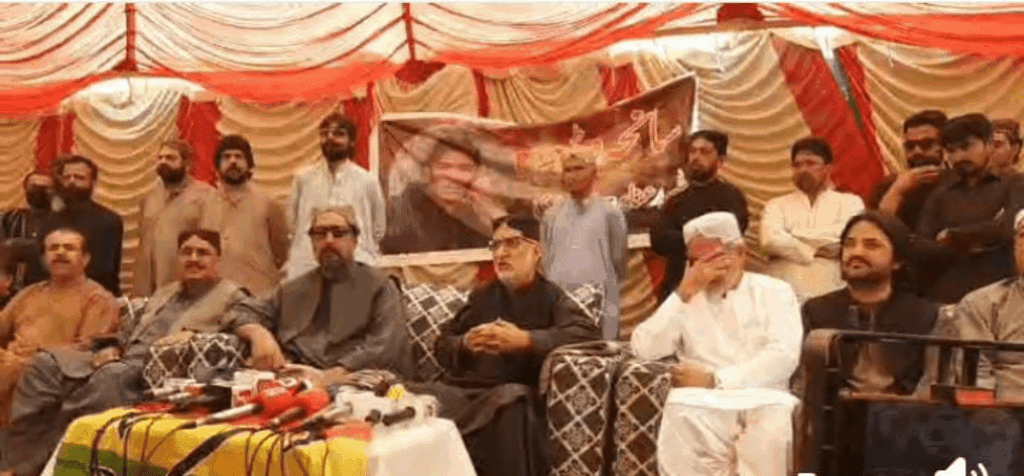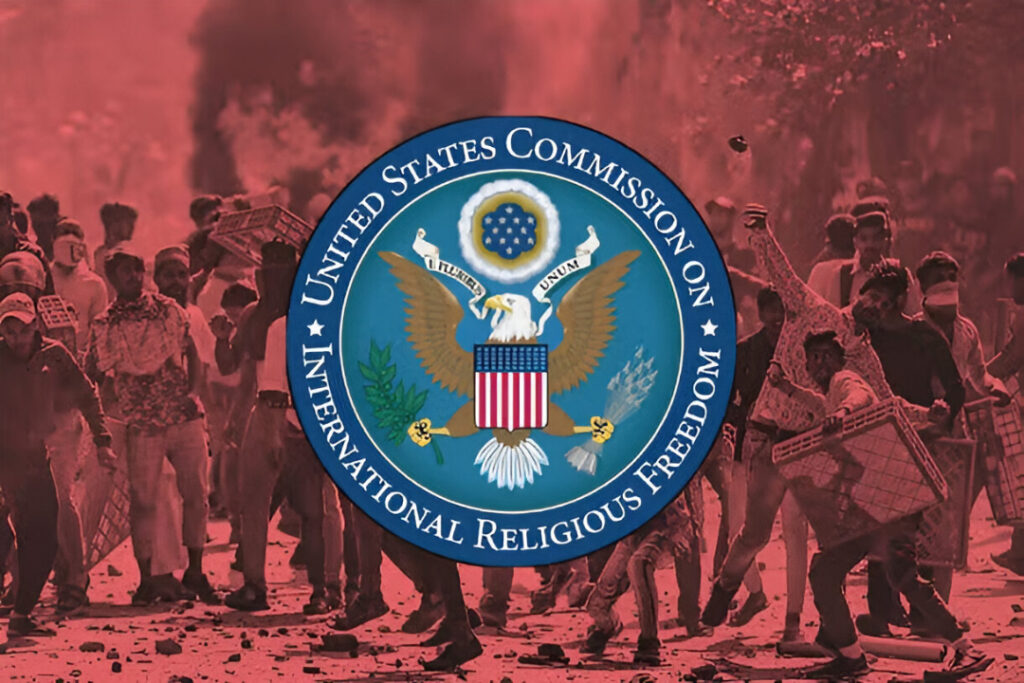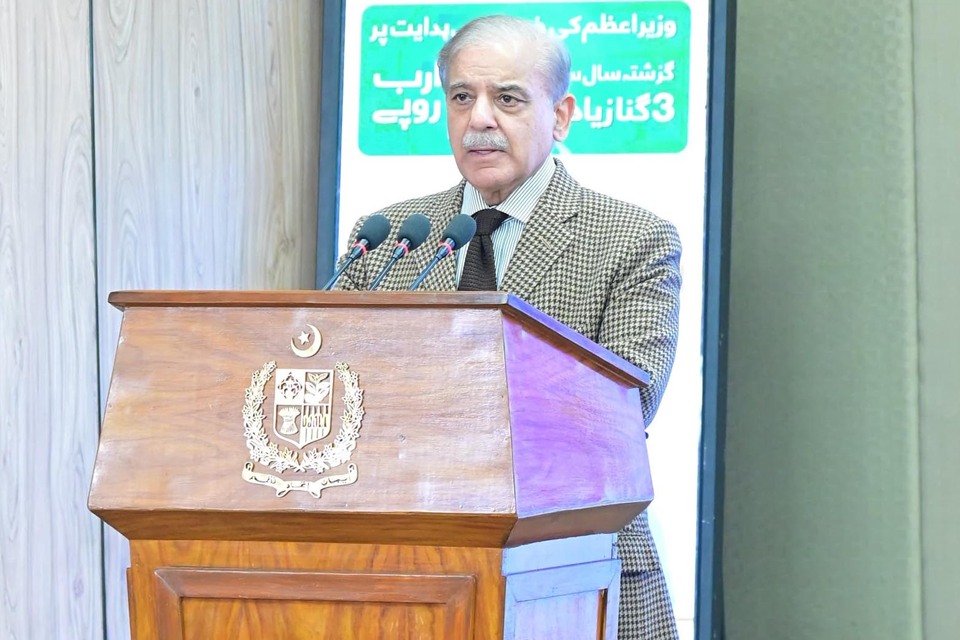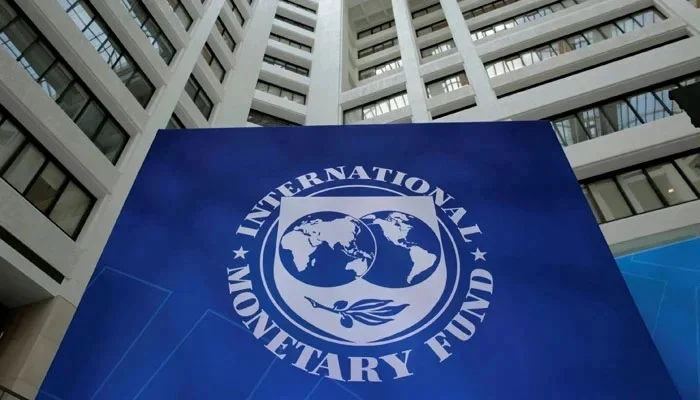Indian Prime Minister Narendra Modi advocates for a unified civil code, facing resistance from Muslim activists and liberals concerned about religious freedoms.
Indian Prime Minister Narendra Modi has announced a significant move towards implementing a national common civil code, aimed at unifying personal laws across all religious communities in India. This proposal, which seeks to replace the diverse religious laws with a standardized secular code, has sparked intense debate and opposition from various quarters.
During his Independence Day address, Modi highlighted the divisions created by different religious laws, arguing that a common civil code would foster unity and equality in a modern society. He emphasized the need for a legal framework that treats all citizens equally, regardless of their religious affiliations. This move aligns with his long-standing vision of a more cohesive and uniform legal structure in India.
However, the proposal has met with strong resistance, particularly from Muslim activists and liberal groups. These opponents see the initiative as an infringement on religious freedoms, fearing that it could marginalize India’s Muslim community, which comprises around 220 million people. Critics argue that the push for a common civil code is driven by the BJP’s Hindu nationalist agenda, which has already caused considerable anxiety among minority communities.
Despite the controversy, Modi is pressing forward with his vision, urging a national debate on the issue. He insists that the current system is discriminatory and outdated, and that a common civil code is essential for the nation’s progress.
Modi’s advocacy for the common civil code comes at a time of political turbulence. After winning a third term in June, his Bharatiya Janata Party (BJP) was compelled to form a coalition government, having lost its majority. This situation reflects the challenges Modi faces in garnering widespread support for his policies.
In his address from the historic Red Fort, Modi also touched upon the political unrest in neighboring Bangladesh, following the resignation of Sheikh Hasina, a former ally, who fled to India amidst a student-led uprising. He called for calm and stability in the region, signaling his broader concerns for South Asian geopolitics.
Modi’s push for a national common civil code is poised to be one of the most contentious and debated issues in India’s legal and political landscape, with its outcome likely to have far-reaching implications.

